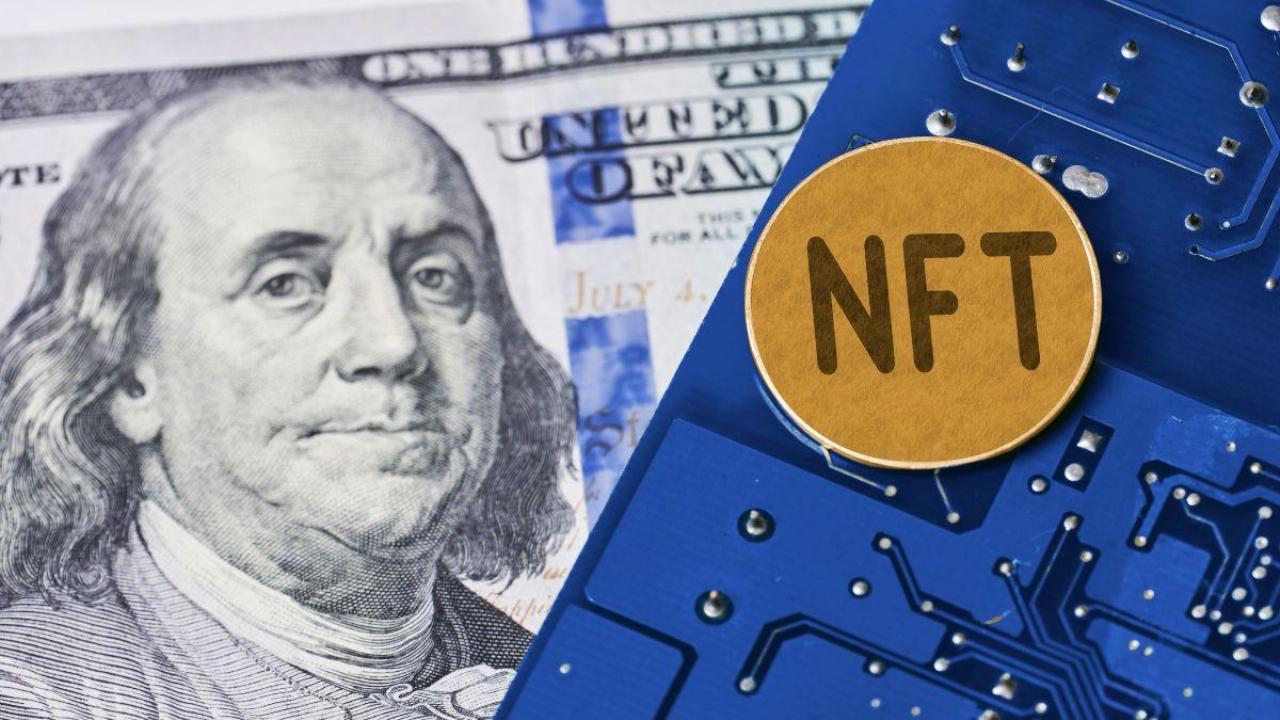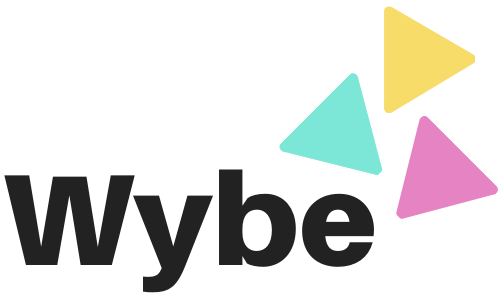
In recent years, Non-Fungible Tokens (NFTs) have emerged as a groundbreaking technology, opening new vistas for digital ownership and asset management. The integration of NFTs into various business applications promises transformative changes. One company at the forefront of this movement offers holistic API tools designed to simplify and secure the entire lifecycle of NFTs, making them accessible to a broader spectrum of enterprises.
The Evolution of NFTs in the Business Landscape
The origin of NFTs can be traced back to blockchain technology and its ability to create unique, unalterable digital tokens. These tokens serve as proof of ownership or authenticity for digital assets, from artworks to virtual real estate. As enterprises become increasingly digitized, the need for verified and transferable digital assets has surged, positioning NFTs as indispensable instruments.
By visiting https://getoriginal.com, businesses can explore more about how these innovative solutions are shaping the future.
The Inspiration Behind Integrating NFTs in Businesses
Businesses constantly seek methods to enhance customer engagement and create new revenue streams. NFTs offer an innovative route to achieve these objectives. For example, a fashion brand could mint exclusive digital wearables sold as NFTs, granting buyers specific privileges like early access to limited collections. Similarly, content creators can monetize their work by selling ownership rights through NFTs, ensuring more direct and profitable interactions with their audience.
Simplifying NFT Creation and Management Via API Tools
The complexity associated with creating, selling, and transferring NFTs often discourages companies from exploring these opportunities. However, the introduction of robust API solutions streamlines these processes considerably, offering user-friendly interfaces and comprehensive support frameworks.
Transforming Problems Into Solutions
Traditional modes of NFT creation require significant technical expertise and understanding of blockchain mechanics. Many businesses lack the resources and skill set needed to navigate this terrain effectively. By leveraging API tools designed specifically for this purpose, companies can bypass these barriers. These APIs provide seamless interfaces for:
- Minting new NFTs effortlessly
- Ensuring secure transactions and transfers
- Easily incorporating NFTs into existing digital infrastructures
Such integrations enable even non-technical teams to manage NFTs confidently and securely, broadening the versatility and value they bring to the business environment.

Practical Examples of Successful NFT Implementations
The applicability of NFTs extends across diverse sectors. Several practical uses include:
- Entertainment and Media: Film studios and music labels utilize NFTs to distribute exclusive content and memorabilia. This not only creates an alternative revenue stream but also strengthens fan engagement.
- Real Estate: Virtual properties within digital worlds are being sold as NFTs, providing not just ownership but also tangible financial returns and interactive experiences.
- Gaming Industry: Game developers leverage NFTs to offer unique in-game items or characters, enriching gameplay while generating additional income through sales and trades.
These cases illustrate how NFTs, facilitated by advanced API tools, help transform traditional operations into dynamic, digital-first strategies.
Securing and Authenticating Digital Assets
One core aspect of NFT utility is rooted in their capability to guarantee the authenticity of digital assets. However, ensuring this reliability is contingent on sophisticated security protocols and verification mechanisms provided by high-quality API services.
Addressing the Problem of Authenticity
Counterfeit products and fraudulent claims of ownership plague many industries. NFTs resolve these concerns by embedding ownership data directly into the token’s metadata. When paired with fortified API solutions, businesses can authenticate assets with unequivocal assurances, fostering trust among consumers and stakeholders alike.
The Role of Continuous Support
The optimal utilization of NFTs necessitates ongoing guidance and adaptability to evolving market trends and technological advancements. As such, having a committed partner offering proactive support ensures clients routinely derive maximum benefits from their NFT initiatives. This collaborative approach paves the way for innovative projects and sustained growth.
Unveiling Untapped Potential: Monetizing Digital Endeavors
By converting digital assets into NFTs, businesses can tap into novel revenue avenues hitherto unexplored. The tokenization of assets enables competent monetization strategies adaptable across multifarious domains.
Expanding Revenue Streams
Consider the case of a software company issuing licenses as NFTs. This replaces conventional licensing models with perpetual digital contracts, allowing straightforward, transparent transfers of rights between users. Blockchain’s intrinsic features amplify transparency and traceability, thus reducing administrative burdens significantly.
Enhancing Customer Engagement Through Exclusivity
NFTs present a distinct method for businesses to differentiate themselves and captivate customers. Exclusive NFTs—offering perks, rewards, or tailored experiences—not only fortify brand loyalty but also prompt customers to engage actively and invest in the company’s offerings.
For instance, a sportswear brand might release collectible NFT badges representing different tiers of customer milestones, incentivizing users to attain a particular status and bask in the associated benefits and recognition.
Ensuring Seamless Integration into Existing Frameworks
An overarching goal when adopting any new technology is its ease of integration with preexisting systems. APIs structured for simplicity play a crucial role in facilitating this transition, ensuring minimal disruption and optimum efficacy.
The Bridge to Digital Transformation
Enterprises frequently grapple with integrating nascent technologies with established operational frameworks. Well-designed APIs act as a conduit to smooth this pathway, offering intuitive, plug-and-play solutions compatible with diverse organizational architectures.
API solutions further support rapid deployment cycles, minimizing downtime and enabling immediate participation in the digital marketplace. Therefore, businesses find it easier to pivot and adapt in alignment with evolving digital trends.
